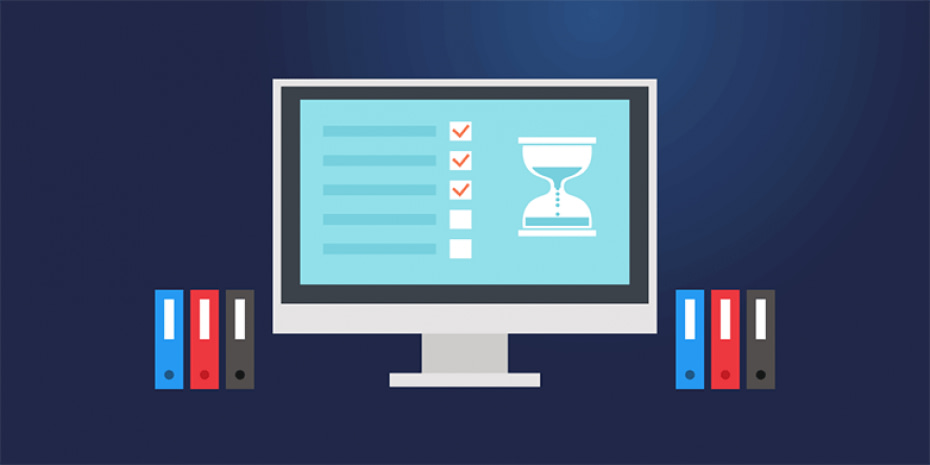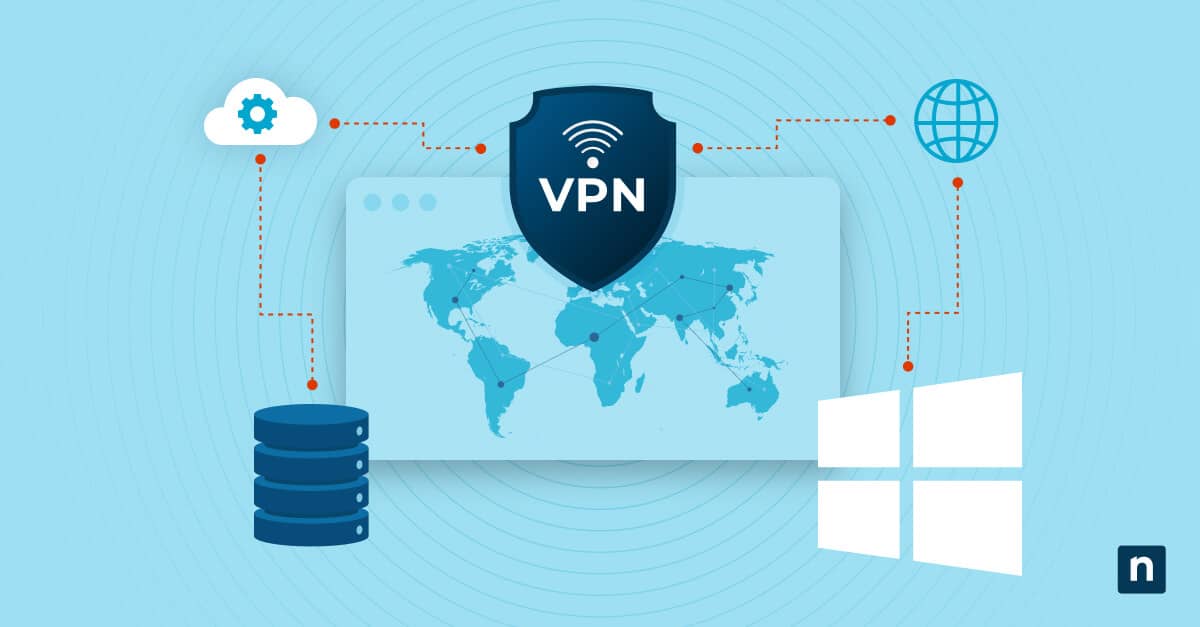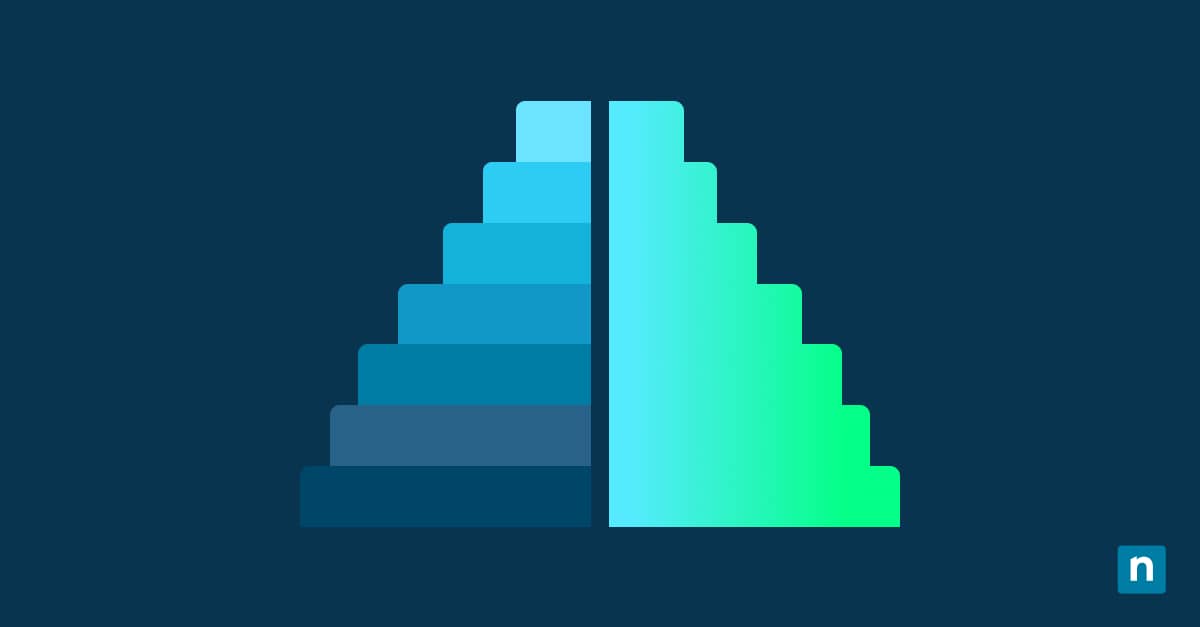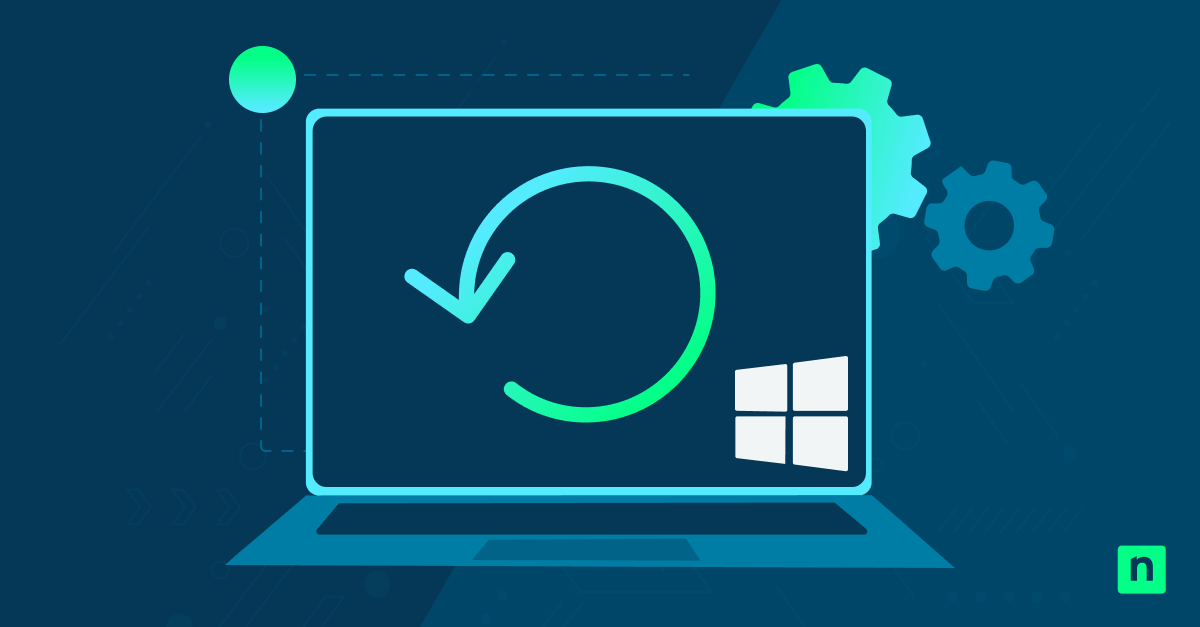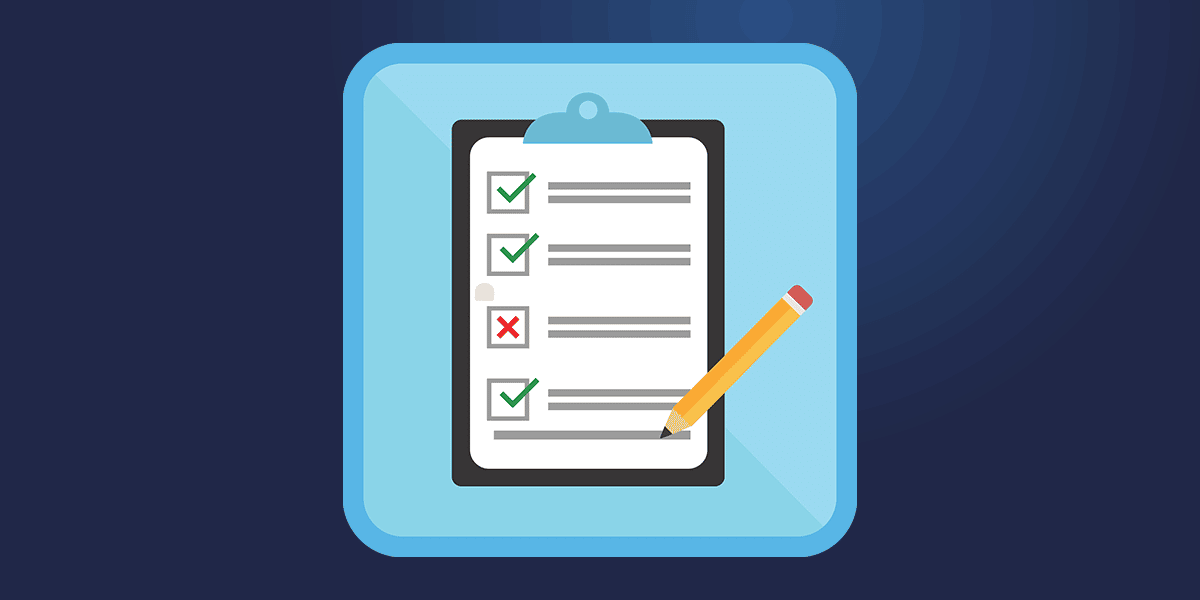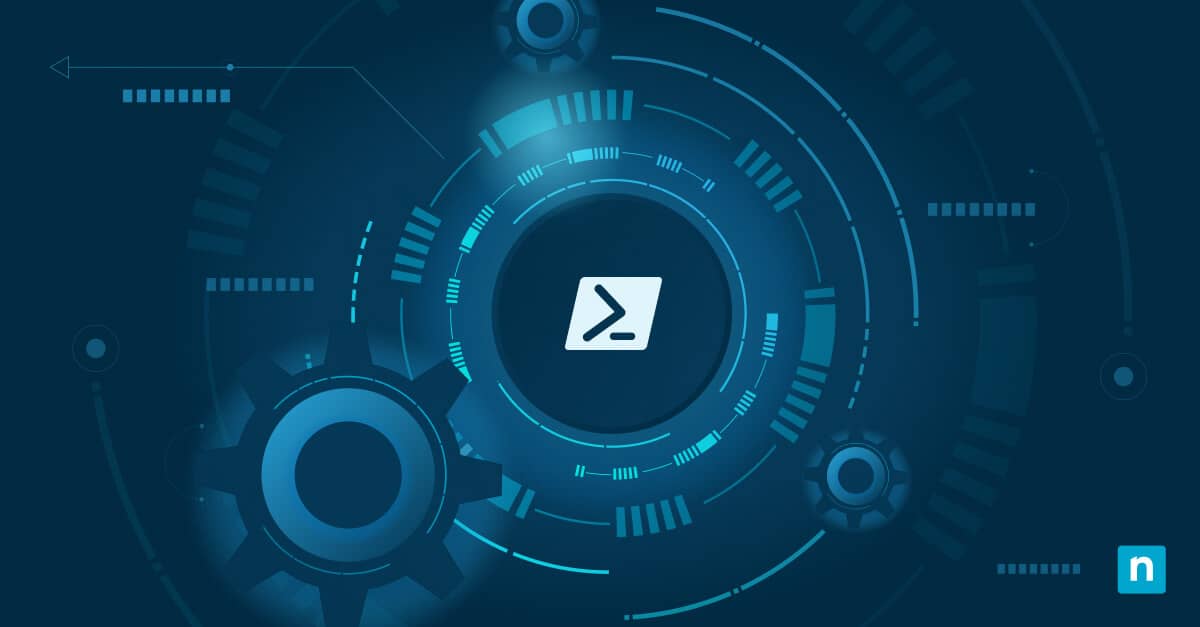Cloud technology has enjoyed exponential growth over the past several years. Increases in broadband and wireless speeds have spurred a rise in everything from cloud storage to Software-as-a-Service (SaaS).
Before the cloud grew into its current form, it was primarily a tool for backing up data in a safe, remote location. Throughout the evolution of the cloud, backup and restore remains one of this technology’s most widely-used and important functions.
What this article will cover:
- What is cloud backup?
- How does a cloud backup solution work?
- Cloud Backup vs. Cloud Storage
- What are the disadvantages and advantages of cloud backups?
- Do you need cloud backup?
What is Cloud Backup?
Cloud backup (also known as online backup or remote backup) is a backup and recovery method where a copy of data is sent over the network to a cloud-based remote server. Cloud computing services, including backup, are typically provided by a third-party vendor who sets the subscription-like service fee based on bandwidth, number of users, or storage space being used or allocated.
Data backed up to the cloud is available from any access point with the appropriate software and credentials, allowing it to be restored with ease or shared among multiple cloud users. Automation in the backup process keeps the workflow simple and the data reliable.
How Does Cloud Backup Work?
As stated above, cloud backup is the process of sending copies of data to a remote storage system via the internet or a local network. The concept is very simple, and that simplicity lends to a very reliable method of keeping data safe and secure.
When an organization chooses to employ cloud backups, they will configure the process to fit their needs. This means setting the number of backup copies that will be created, the ongoing backup type, as well as the backup schedule.
Storing multiple copies of data from different times is recommended. This protects you in case your system is corrupted and your backup solution makes a copy of the corrupted version.
The Differences Between Cloud Storage and Cloud Backup
The terms “cloud storage” and “cloud backup” are often used interchangeably, leading to confusion. While similar, there are important differences between the two ideas. To determine which services your organization needs, you should first understand what differentiates one from the other.
Cloud storage is often used for different reasons than cloud backup. While it can be used for manually backing up sensitive data, cloud storage also allows for easy sharing of data and can be used as a way to augment physical storage. (Think of Dropbox or OneDrive.)
Cloud backup is more directly focused on data backup and recovery. The process of specifying and backing up data and storing it in a cloud system is typically automated to make it all easier and more reliable.
With cloud backup automation, data is synchronized between the production version and the cloud backup to ensure consistent, up-to-date versions are stored. Cloud backup can store full copies of the data as well as incremental versions which only copy changes made to the full backup. This involves regular scans of the data to determine what has been changed and what needs to be updated.
Whereas cloud storage can be used in day-to-day work, cloud backup is mainly for disaster recovery and business continuity purposes.
Advantages of Cloud Backup
The meteoric rise of cloud computing and cloud backup services is largely due to the benefits the cloud offers. Let’s take a look at some of the advantages a cloud-based backup as a service (BaaS) solution can offer your organization:
On-demand access to recovery. Cloud backup and restore can be accessed from any location and at any time (as long as there is an internet connection). If a recovery situation arises, you’ll be able to quickly resolve it from your smartphone or laptop.
Automated processes. Once you configure which files should be backed up and how often the backups should run, the backup solution takes care of the rest. Your files will be backed up to the cloud automatically and updated continuously according to your schedule and configuration.
Cost-effectiveness. Cloud backup services are in high demand, creating a lot of competition in the market. This makes it easy to find a cost-effective solution that suits your environment. You have plenty of options to choose from based on your needs and the amount of data that needs to be backed up.
Business continuity. Keeping data off-site provides a necessary level of data protection should disaster strike your office or local devices. Even if your hardware is damaged or destroyed, copies of the data in the cloud can serve as a guarantee of business continuity.
Scalability. One major advantage of the cloud is that it can be easily scaled up or down to fit changing needs. Easy scaling allows enterprises to keep costs minimal, as they only need to pay for the bandwidth, storage, and user count that they need.
Ease-of-use. Cloud backups are usually managed and maintained by a third-party service provider. This takes the burden of security and stability off of the users and puts it in the hands of experts who are dedicated to data protection. Most providers offer a user interface that makes configuring and using the backup/restore solution simple.
Disadvantages of Cloud Backup
There are two sides to every coin, and cloud backups are no exception. While cloud backup solutions are extremely popular and beneficial, there are a few downsides to consider:
No standardization. The fact that your data is stored and maintained by a third party creates a few questions. Can they be trusted to handle your data? Are they secure? Do they adequately test their backups? You must choose a provider that you trust to avoid any issues stemming from their end of the relationship. Look for cloud backup solutions that are transparent about their security and continuity policies and who boast a high consumer rating.
Bandwidth and latency. As we mentioned before, cloud exploded in popularity only after broadband and mobile bandwidths and speeds increased. Data transfer — such as running cloud backups — is highly dependent on network speed and connectivity to facilitate the process and prevent data corruption.
Security. Data in the cloud can be accessed and shared by many users. This is both a boon and a risk, as the possibility of unauthorized access increases. The risk of your data being hacked or stolen is also higher, as the “threat surface” of the data increases the more places it’s stored. Using a service provider with a high security rating and who encrypts your data can help mitigate these risks.
Do I Need Cloud Backup?
If you rely on your data and you’re not currently using a cloud backup solution, it’s certainly worth considering. Cloud backup can save you time and money while also protecting you from disaster. With cyberattack rates increasing, it’s good to know that a robust backup solution can help save you from ransomware or other threats.
Because cloud backup is affordable, easy-to-use, and readily available, there are few reasons not to consider this worthwhile business continuity option.
Summary
By using an effective cloud-based backup solution, organizations can ensure that their data is constantly protected from loss or corruption. Data in the cloud can be accessed from anywhere at any time — as long as there’s an internet connection — which makes it easy to quickly recover a backup in case of disaster. Cloud backup technology allows organizations to easily customize a virtual environment to comply with regulations and protect precious data. The nature of cloud technology allows for easy scaling so that users only need to pay for what they need.
Consider Ninja Data Protection
- Full Image Backup
- Document, File and Folder Backup
- Cloud-Only, Local-Only and Hybrid Storage Options
- Fast and Easy File Restore
- End-User Self-Service File Restore
- Bare Metal Restore
- Built Seamlessly into NinjaOne and Fully Managed Via the RMM Dashboard
